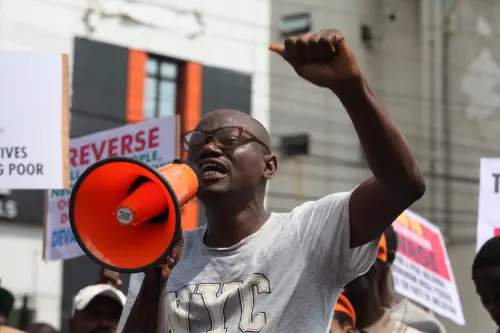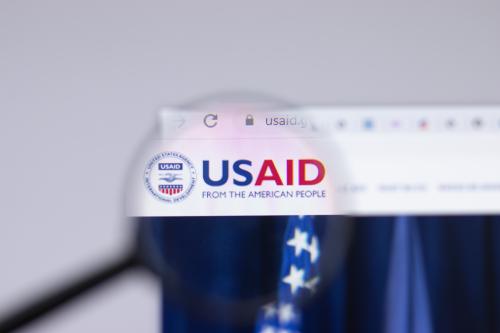President Kabila vows not to seek re-election in December 2018
On Wednesday, August 8, a spokesperson for the Democratic Republic of the Congo government announced that President Joseph Kabila will not be running for re-election in December 2018. Up until Wednesday, Kabila remained silent on his intent to run for re-election, thus raising fears that he could breach term limits. In an effort to dissuade Kabila from running again, an official from the Trump administration stated on Monday that the U.S. stands “ready to apply sanctions to individuals or entities, regardless of who they are, who undermine the democratic process, or threaten the peace and security of the country.”
On the day that marked the submission deadline for candidates set by the DRC’s electoral commission, the ruling People’s Party for Reconstruction and Democracy announced that Emmanuel Ramazani Shadary, former interior minister, would be the party’s presidential candidate during the upcoming elections. Shadary, who is one of Kabila’s loyal supporters, has praised him for not seeking re-election. In addition, he was one of 15 government officials sanctioned by the United States and the European Union over human rights abuses over the past two years; the sanctions included travel bans and asset freezes.
Violence in Eastern Ethiopia and peace deal with the OLF
This week, the Ethiopian government shut down internet services in the eastern part of the country following violence in the region over the last several days. This is the first internet shut down since Prime Minister Abiy Ahmed took office. According to VOA, fighting broke out in Jijiga, capital of Ethiopia’s Somali region last week following a rift between local authorities and the central Ethiopian government. Government forces engaged in fighting with local security forces over the weekend leaving an estimated 29 people dead so far. On Monday, the President of Ethiopia’s Somali region, Abdi Mohamoud Omar resigned from his position. The region has a history of violence with the Ogaden National Liberation Front fighting the Ethiopian government since 1984 in a bid for secession. More recently, violence on the border of the Somali and Oromia regions in 2017 displaced tens of thousands of people.
In other news, the Ethiopian government signed a peace deal with the Oromo Liberation Front (OLF) on Tuesday. The group was dropped from a list of banned terrorist organizations by parliament last month. The OLF has been fighting for self-determination for the Oromia region—home to the Oromo people, the country’s largest ethnic group—since the 1970s. The deal was signed in Asmara, Eritrea where the OLF’s exiled leader, Dawud Ibsa lives. The agreement allows the group to undertake “political activity in Ethiopia through peaceful means.”
Investors submit debt-refinancing proposal to Mozambique
Last week, a group of Mozambique’s Eurobond investors proposed a plan to restructure the country’s $726 million in defaulted bonds. The proposal serves as a counteroffer to the plan the government announced in March, which the investors immediately rejected. The investors’counter-proposal centers on acquiring a share in government revenues from future natural gas exports and extending maturities. In response to the proposal, Ian Clark, a lawyer at White & Case LLP responsible for advising the government on the restructuring, stated, “For any restructuring proposal to be acceptable, it must recognize and address the government’s fiscal and developmental constraints.”
Mozambique lost access to international lenders in 2016 and defaulted on the bonds in January 2017. Since then the government has relied on domestic bond sales to finance its budget deficits. However, according to the Wall Street Journal, appetite for the debt has diminished, leading the central bank to cancel a bond auction in June. Still, the country has sizable offshore gas reserves, which it is currently working with international energy companies to exploit by 2024. Government revenues from gas sales are expected to generate $49 billion from the first two projects over the next three decades.
The Brookings Institution is committed to quality, independence, and impact.
We are supported by a diverse array of funders. In line with our values and policies, each Brookings publication represents the sole views of its author(s).





Commentary
Africa in the news: DRC elections, violence in eastern Ethiopia, and Mozambique refinancing
August 11, 2018